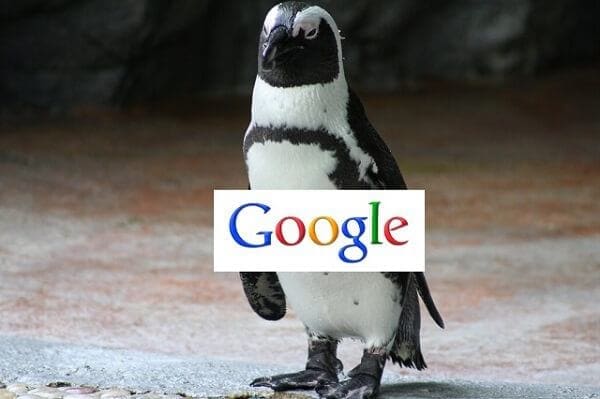Since Google introduced the Penguin update to its algorithm in 2012, practices such as black hat SEO link building have, thankfully, been in decline. Widespread manipulation of a website’s ranking involving the practice of buying links, spam comments, link farming and spinning or duplicating content are now all subject to penalty.
What is Google Penguin?
The way in which any search engine returns the results of relevant pages is a closely guarded but well-researched secret. Google Penguin was the codename given to the 2012 overhaul of its algorithm that targeted the artificial page ranking manipulation used by some webmasters.
The move towards a page ranking system that rewards unique and relevant content and authoritative and trustworthy links is, largely, welcome; after all, the internet should be designed for humans not search bots.
Since the initial launch, there have been several versions of the Penguin update. Each version has had varying degrees of impact on SEO. The current version, Penguin 4.0 is the last big update with any further adjustments being launched in real-time.
What is the Impact of the Google Penguin Update on SEO?
So, where does that leave the techniques employed by many SEO marketing consultancies that veered into grey and black hat practices?
Many clients who employed the services of SEO consultancies were (and maybe still are) unaware of what kind of methods these companies used to boost their page rankings. The legacy, post Penguin update, is of websites that can still include bad links, spun or duplicate content as well as a trail of outdated practices like keyword stuffing, cloaking and the use of invisible text.
The owners of any sites that haven’t been overhauled since the Google Penguin update, therefore, stand a very real risk of violating the Google’s Webmaster Guidelines.
What are the Penalties for Violating Google’s Guidelines?
The penalties for falling foul of the guidelines for Google’s SEO can be severe indeed and negatively affect your page rankings. There have been some high-profile cases since the Google Penguin update including the travel website giants, Expedia, whose ranking visibility was dropped by a quarter. Due to the high volume of paid backlinks, Google penalised the company resulting in a dramatic fall in share price of 4.5%.
Other big names, such as BMW, OverStock.com and Google’s own Chrome, have also been reported as penalised. The impact can be huge with online knowledge base, Rap Genius losing 700,000 unique visitors per day as a result of its penalties incurred in 2013.

Avoid being shown the red card by Google. Image via Flickr.
What Can You Do to Avoid Falling Foul of Google’s Guidelines?
With the severity of lost business looming over those that don’t adhere to Google’s strict guidelines, it’s important to stay in control of your SEO practices. For those that outsource this to another company, it is critical that you understand what methods they employ for building links, promoting traffic and creating/distributing content.
It’s also crucial to have a sound monitoring system in place to ensure that you regularly check your backlinks; bad links, spammy links and paid links all impact negatively on your SEO. There have been cases of hostile targeting by some companies to damage a competitors standing by creating bad links. A practice called “negative SEO”, this is widely acknowledged to be illegal but does, and can, still happen.
If you need assistance to put a robust strategy in place to protect your SEO practices and ensure that you don’t fall foul of the Google Penguin update, or need recovery from a backlinks penalty, then get in touch or call Opace on 0121 468 0600 or by email at [email protected].







0 Comments